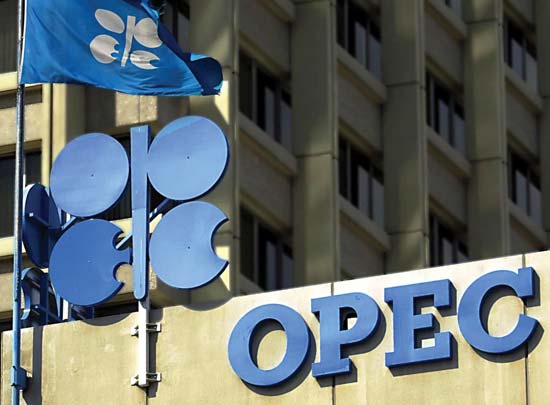An Oil and Gas Industry Analyst, Dr Shamsudden Musa said the agreement by Organisation of Petroleum Exporting Countries (OPEC) and non-OPEC to extend further, the production cut agreement would enhance global economic stability.
Musa, who is also a PhD Research Student at the University of Central Lancashire said extending the oil production cut by member countries to the end of 2018 was likely to further strengthen the value of crude oil in the market.
“It is comfortable for the market to have the agreement extended further.
”Oil price is till going up, so an extension will drive it to go up further.
“Producers are likely to make back what they lost by under producing from what they will make if the price continues to go up. Right now it’s over 60 dollars per barrel.
“When you compare that to the 40 dollars per barrel it was selling before the cut, you will see that the cut is indeed a very good development,” he said.
On the push by some of the non-OPEC members that an exit strategy should be designed in case a member wants to exit the cuts, Musa said it would be unwise to do so now.
“For the OPEC countries to take that step now, it will affect the market. Let the whole agreements be the way it is so that the market will have confidence in the producing countries,” he said.
Musa also spoke on the decision to still exempt Nigeria and Libya from the cut, with the “soft directive” that they do not produce collectively, more than 2.8 million barrels per day.
”This means Nigeria should not produce more than 1.8 million barrels per day, while Libya should not produce more than one million barrels per day.
“I think that Nigeria can go ahead and meet its capacity of producing 2.2 million barrels per day.
“I think they can still do it because there is no sanctions, no penalty against that, so I think that if the production levels stabilise in Nigeria, they don’t have to limit their production to 1.8 million barrels per day,” he said.
The 3rd OPEC and non-OPEC Ministerial meeting ended on Thursday in Vienna Austria, with an agreement to extend the oil production cut deal through the end of 2018 to ensure market rebalancing.
Nigeria’s Minister of State for Petroleum, Mr Emmanuel Kachikwu welcomed the outcome of the meeting, pledging the country’s compliance towards producing nothing more than 1.8 million barrels per day.

